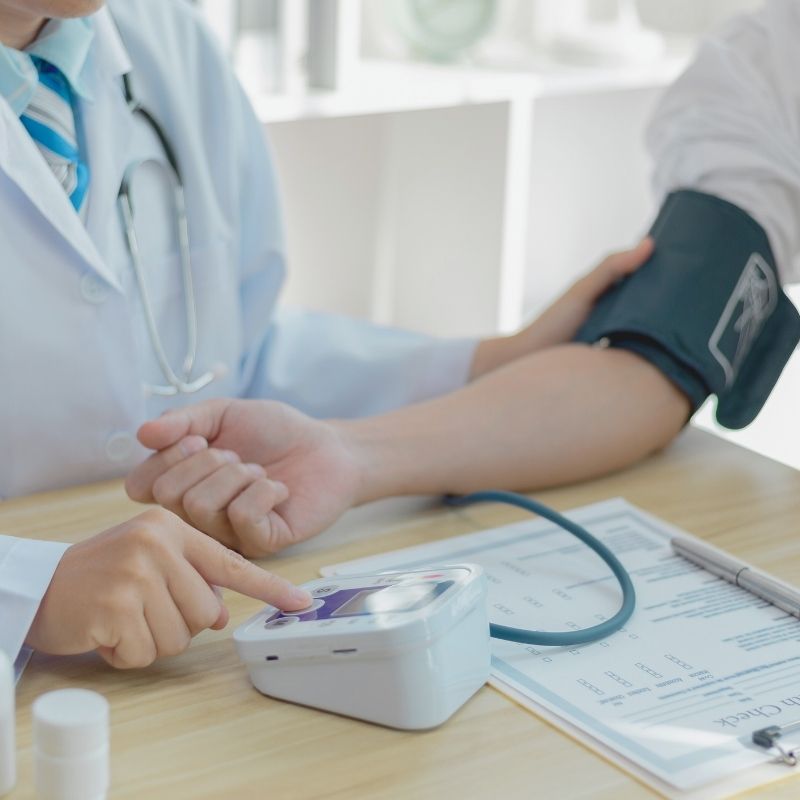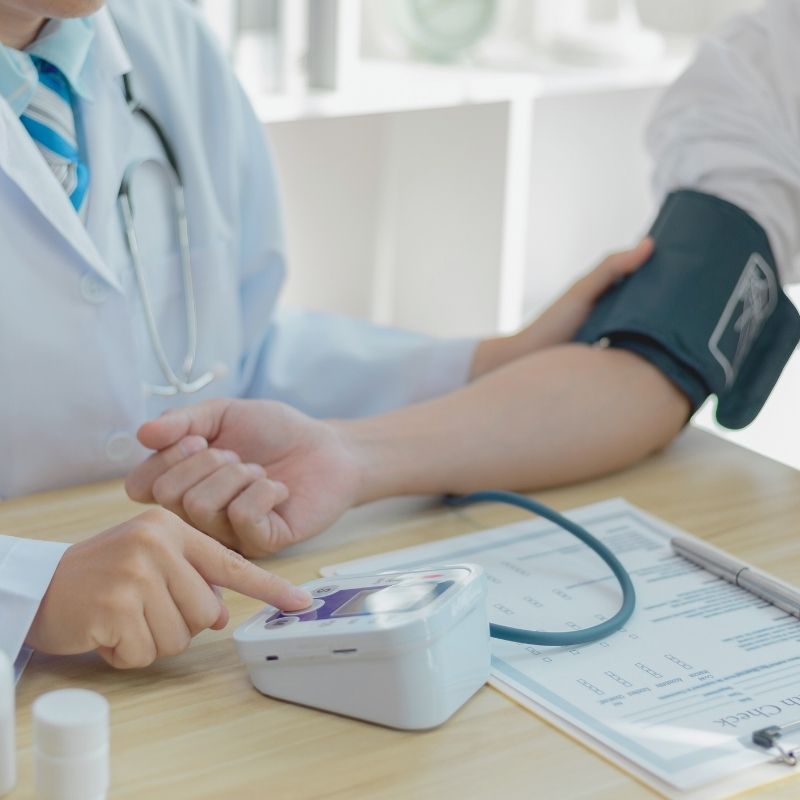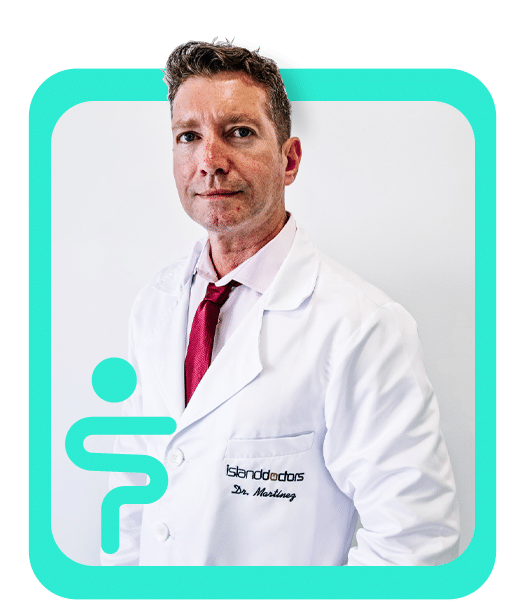Cardiology in Los Cristianos
Heart checkups with expert care & advanced tech – 20+ years of experience.
Cardiological examinations as part of general medicine at our medical practice in Los Cristianos
In our modern medical practice in Tenerife, we offer you comprehensive cardiological examinations as part of general medicine to monitor and improve your heart health. Our doctor has more than 20 years of experience in cardiological diagnostics. We offer cardiological examinations using high-end diagnostic equipment such as the Philips EPIQ 7 ultrasound system for echocardiography and echocardiograms.


When is a cardiological examination useful?
Many patients ask themselves when a cardiac check-up is necessary. Here are some signs when an examination is recommended:
Regular check-ups are particularly important if there is a family history of cardiovascular disease.

Dr. Amaury Martinez Hernandez
22 years of experience in Cardiology and 28 years in General Medicine.
Registration Number: 38/38/09.629
Why choose our clinic?
Our clinic in Tenerife not only offers a relaxing atmosphere, but also the advantage of combining state-of-the-art technology with many years of experience. We take time for you and are here to support your heart health with care and expertise.
Schedule your appointment today and do something good for your heart. We look forward to welcoming you to our clinic in Tenerife!
How does a cardiological examination work?
A cardiological examination with us is thorough and tailored to your individual needs:
Common Heart Problems and Their Solutions
Frequently Asked Questions about Cardiology
Testimonials
Hear From Our Patients
Schedule your appointment today!
Schedule your appointment today and do something good for your heart. We look forward to welcoming you to our clinic in Tenerife!











